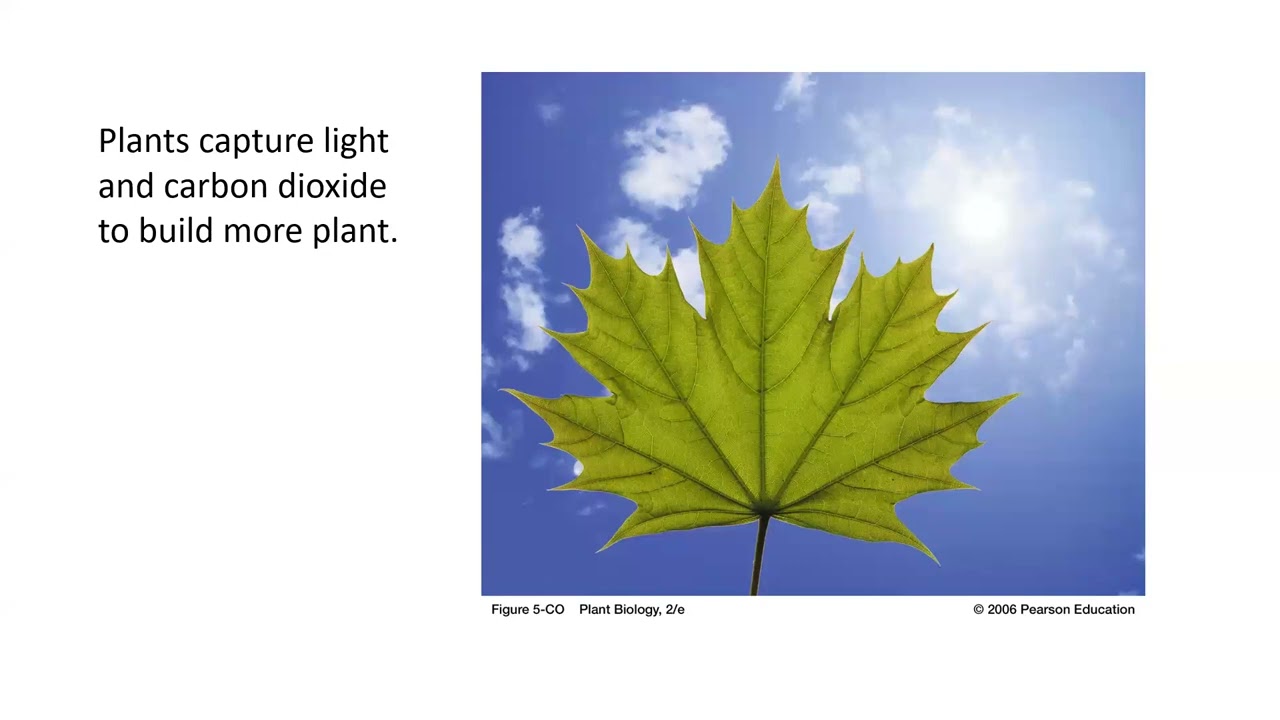– Exploring the principles of natural ecology in gardening as advocated by Dr. Janet Steven
– Emphasizing the importance of biodiversity and native planting for sustainable gardening practices
– Highlighting the role of gardening in wildlife conservation and ecological balance
– Addressing the challenges and solutions in adopting an ecologically focused gardening approach
– Illustrating practical steps for gardeners to implement ecologically beneficial practices
When approached with an ecologist’s mindset, Gardening transforms into a powerful tool for environmental conservation and education. Dr. Janet Steven, an advocate for natural ecology in gardening, emphasizes the significance of this practice in fostering biodiversity, supporting native species, and contributing to the ecological balance. This article delves into the core principles of gardening like an ecologist, shedding light on how individuals can contribute to wildlife conservation and sustain the planet’s biological heritage through thoughtful and informed gardening practices.
Understanding the principles of natural ecology in gardening begins with recognizing the intricate relationships between plant species and their environments. Dr. Steven’s work illuminates the importance of selecting native plants adapted to the local climate, soil conditions, and wildlife. By incorporating native flora into gardens, gardeners can offer crucial habitats for pollinators, birds, and other wildlife, thereby bolstering local biodiversity. These practices create aesthetically pleasing spaces and serve critical ecological functions, such as pollination, seed dispersion, and providing food and shelter for indigenous wildlife.
The significance of biodiversity in gardening cannot be overstated. Diverse ecosystems are more resilient and capable of withstanding pests and diseases, reducing the need for chemical interventions. Dr. Steven stresses the importance of creating gardens that mimic natural ecosystems, where plant species support each other and create a balanced environment. This approach minimizes garden maintenance and ensures that gardens are a haven for wildlife, offering a variety of niches and resources. By prioritizing biodiversity, gardeners play a crucial role in preserving genetic diversity, which is essential for the adaptability and resilience of ecosystems.
Like an ecologist, Gardening naturally involves understanding human intervention’s role in maintaining ecological balance. This includes recognizing the impact of invasive species and the necessity of their management to prevent the displacement of native plants and animals. Dr. Steven advocates for responsible gardening practices that mitigate the spread of invasive species and promote ecological harmony. Additionally, using organic gardening methods minimizes the environmental footprint of gardening, preserving soil health and water quality and ensuring a safe environment for both humans and wildlife.
Adopting an ecologically focused approach to gardening presents challenges, including the need for education and awareness about native species and sustainable practices. However, Dr. Steven provides solutions through her extensive research and advocacy, offering guidance on plant selection, garden design, and management techniques that support ecological principles. Gardeners are encouraged to observe and learn from natural ecosystems, adapting their practices to work in harmony with nature rather than against it.
Practical steps for implementing ecologically beneficial gardening practices include researching local native plants and incorporating a variety of them to support different wildlife species. Creating structured layers in the garden, from ground cover to canopy level, can mimic natural habitats and offer diverse living spaces for various creatures. Additionally, replacing lawn areas with native gardens can drastically reduce water usage and provide better food and shelter for local wildlife. Composting organic waste and avoiding chemical pesticides and fertilizers further supports the health of the garden ecosystem.
Gardening like an ecologist naturally, as championed by Dr. Janet Steven, offers a path toward sustainable living and conservation. By understanding and applying ecological principles, gardeners can enrich their environments, support biodiversity, and contribute to the global effort to preserve our planet’s ecological balance. This approach benefits the environment and enhances the beauty and vitality of garden spaces for everyone to enjoy. Through thoughtful action and dedication, the collective effort of ecologically minded gardeners can significantly impact the world.
*****
Source Description
Incorporating native plants into your garden has numerous ecological benefits. But what do you plant and where? Plants are living, responding, dynamic organisms, and understanding their biology can help you select plants and make gardening decisions. In this presentation, you will learn about how plants are adapted to specific environments, what’s going on belowground, and how plants interact with herbivores and pollinators. By thinking like an ecologist, you can build a garden landscape that supports native biodiversity and ecosystem functions.
Janet Steven received an undergraduate degree in biology from Davidson College and a PhD in Botany from the University of Wisconsin-Madison.


